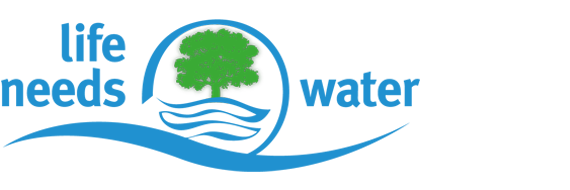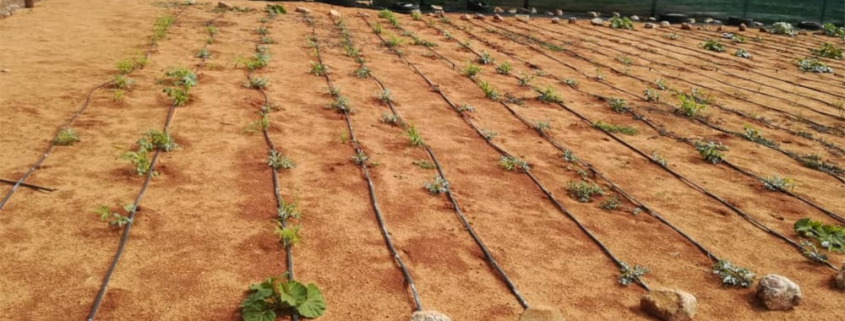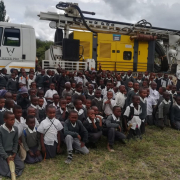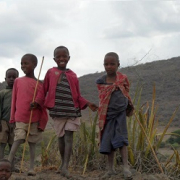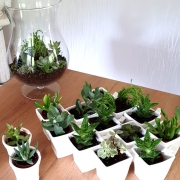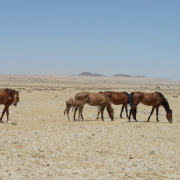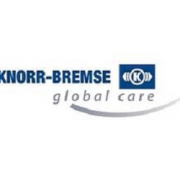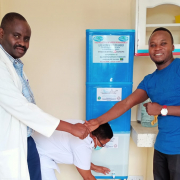Water & Food for Aus / Lüderitz – Namibia
Around 1,500 people live in the AUS – Lüderitz District region who do not have an adequate supply of drinking water, no work and no food supply. The first inspection by our LNW team revealed that there are three old wells in the region that were built in 1930 and will not be functional for much longer.
Due to the acute lack of water, it is also not possible to cultivate crops & To operate livestock because the little available water is needed for drinking water supply for humans. The lack of water and the lack of rain in the south of Namibia for 8 years has forced many farmers to raise cattle with cows & abandon goats. In addition to the farm animals, the wild animals from the national parks also suffer from the ever longer periods of drought and the lack of water. In the affected areas there are desert-like conditions in which nothing can be planted without water, which means that agriculture is currently still impossible for the population. For the population, it is currently still inconceivable that there should be the possibility of professional vegetable cultivation and dairy farming with well water and irrigation systems.
Region: AUS is located in the Lüderitz District in southern Namibia. The nearest town is Lüderitz, which is around 120 km or 1 hour’s drive from the affected project area. The project area in question has a radius of 20 km² and is divided into the main village AUS and three surrounding farms that can be reached via the gravel roads.
LNW objective is the implementation of the program WATER & FOOD FOR OFF
1. First and foremost, the people of AUS need access to drinking water, but water is also a vital resource for cows and goats to survive. The solar pump was designed by the inventor in such a way that, in addition to pumping water from a well, it can also be used to operate animal drinking troughs and irrigation systems.
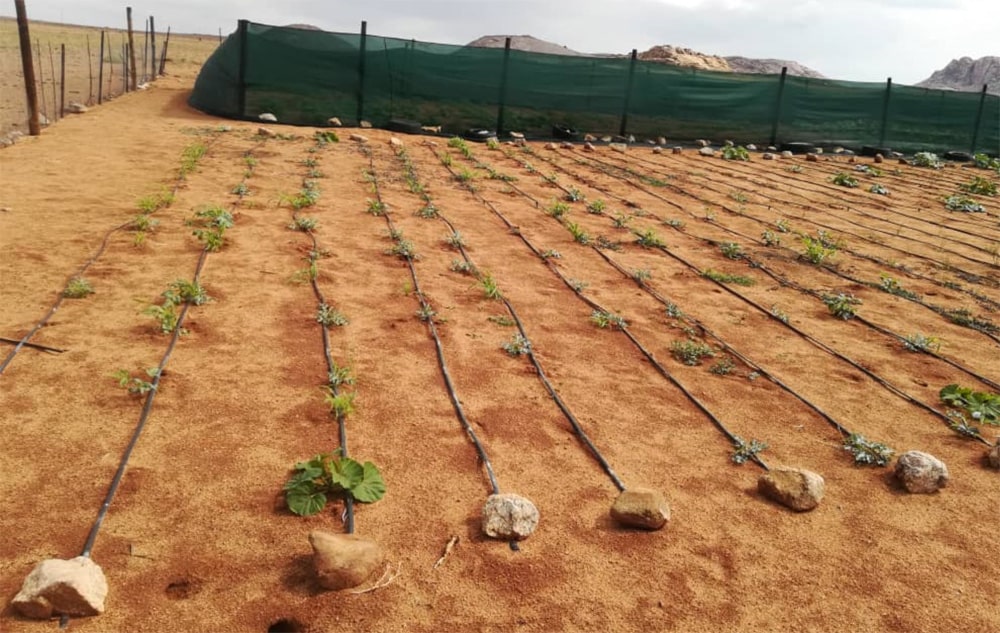
2. The conservation of the animals can be ensured through the targeted construction of animal pastures with sufficient green areas. Healthy cows produce good milk, which is an important raw material for the production of dairy products in order to be able to do business with milk in the long term.
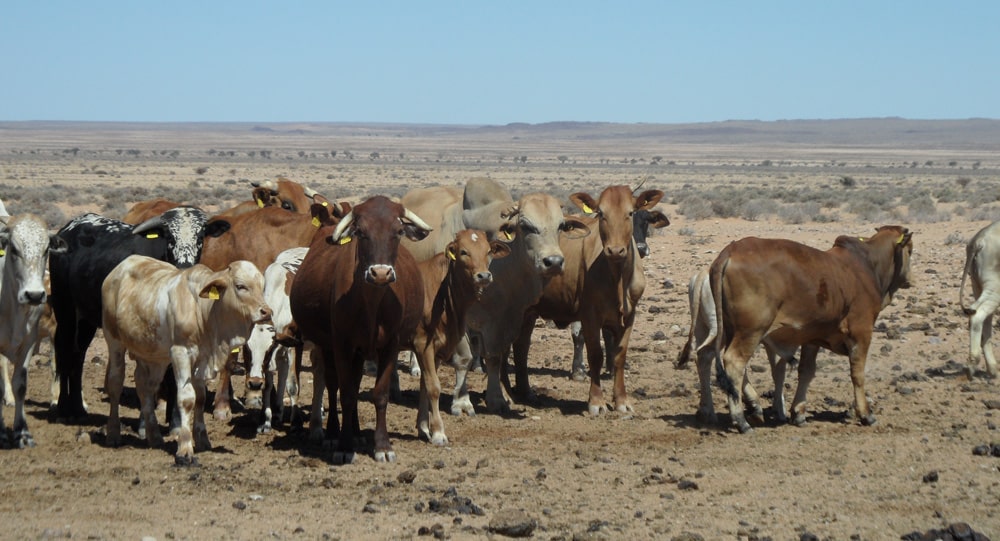
3. Vegetables & Tree planting programs that use permaculture to restore ecological balance in the region. Vegetables & Fruits are an important raw material supplier with which other food products can be manufactured. The children of the village school in AUS should actively participate in our LNW tree planting program. Each child should plant a tree on the farm so that they can get to know the value of trees and plants in nature. In practical lessons, the children should be taught the positive effects on the entire ECO system and the environment and that our planet needs the protection of each individual in order to be able to remain in balance in the long term.
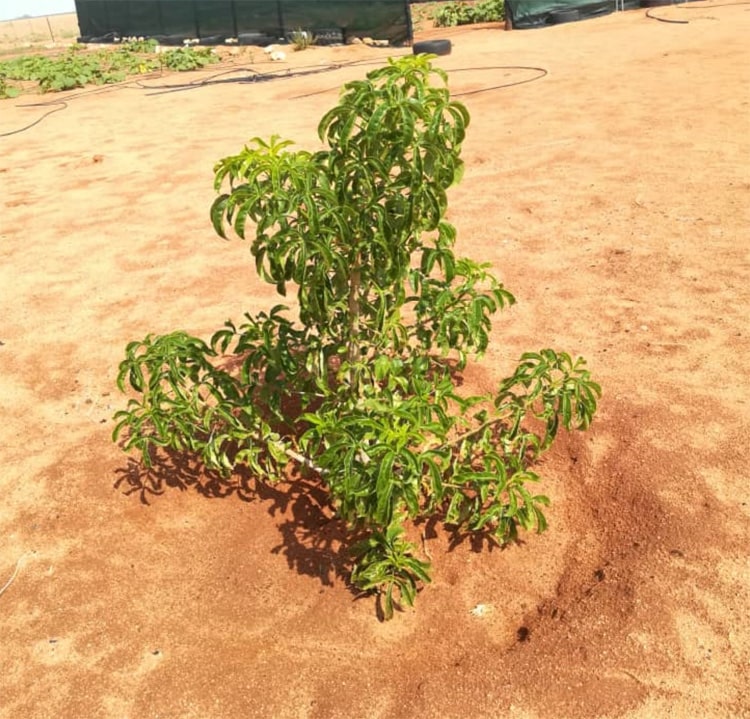
4. Education is the main issue in developing countries as they don’t have enough know-how to start their own business. Over a period of two years, the participants will learn the basic theoretical knowledge of the production of milk & vegetable products and the optimal use of water as a resource. The practical part covers topics according to European standards such as agriculture, animal husbandry, dairy farming and food hygiene.
5. Through the education of women & men should be created the basic prerequisite for the people in the AUS region in the long term with a milk & to be able to do vegetable farm business. On the farm, the participants should produce dairy products such as butter, curd cheese and cheese. It is planned by LNW that the products will be sold through markets and direct sales to lodge owners as “fair trade” products in Namibia. With the earnings, the women get a social income after completing their training and, through access to education, a chance for a decent life in their own country for the rest of their lives.
A professional entrepreneurial activity with the project “Water & Food” farming program will only be possible under the guidance of European experts, especially in the first three years. After three years of part-time training by European experts from the water industry, solar technology and agriculture, a successful implementation of the program is realistic and possible for prospective young entrepreneurs. The implementation of the LNW – Milk & Vegetable farm program as a new business idea for Africa represents a good chance that young Namibians can become independent and successful entrepreneurs in the future.
Please help – every drop counts!
